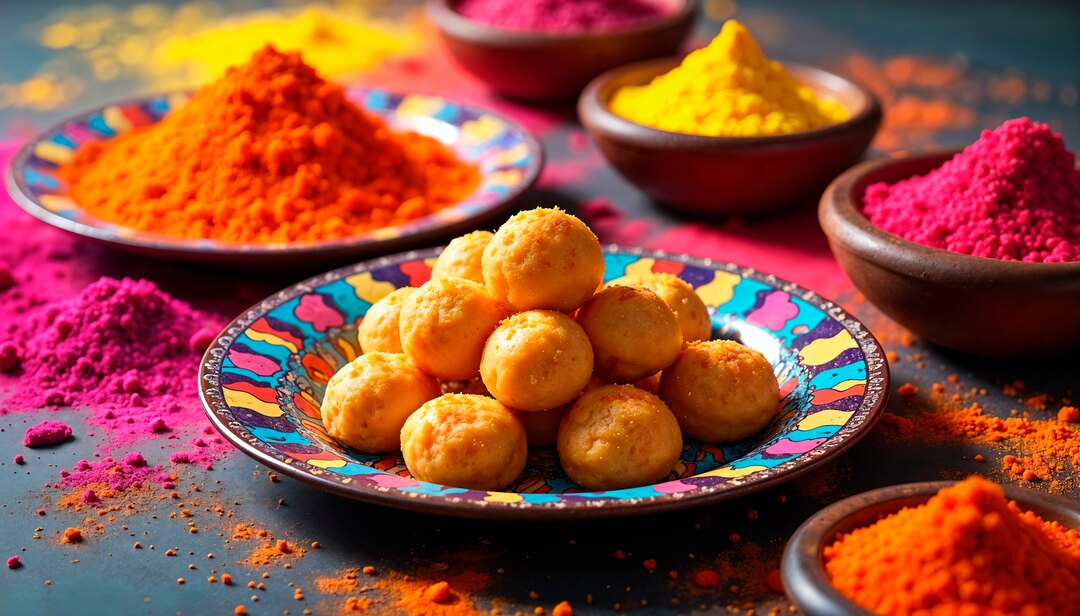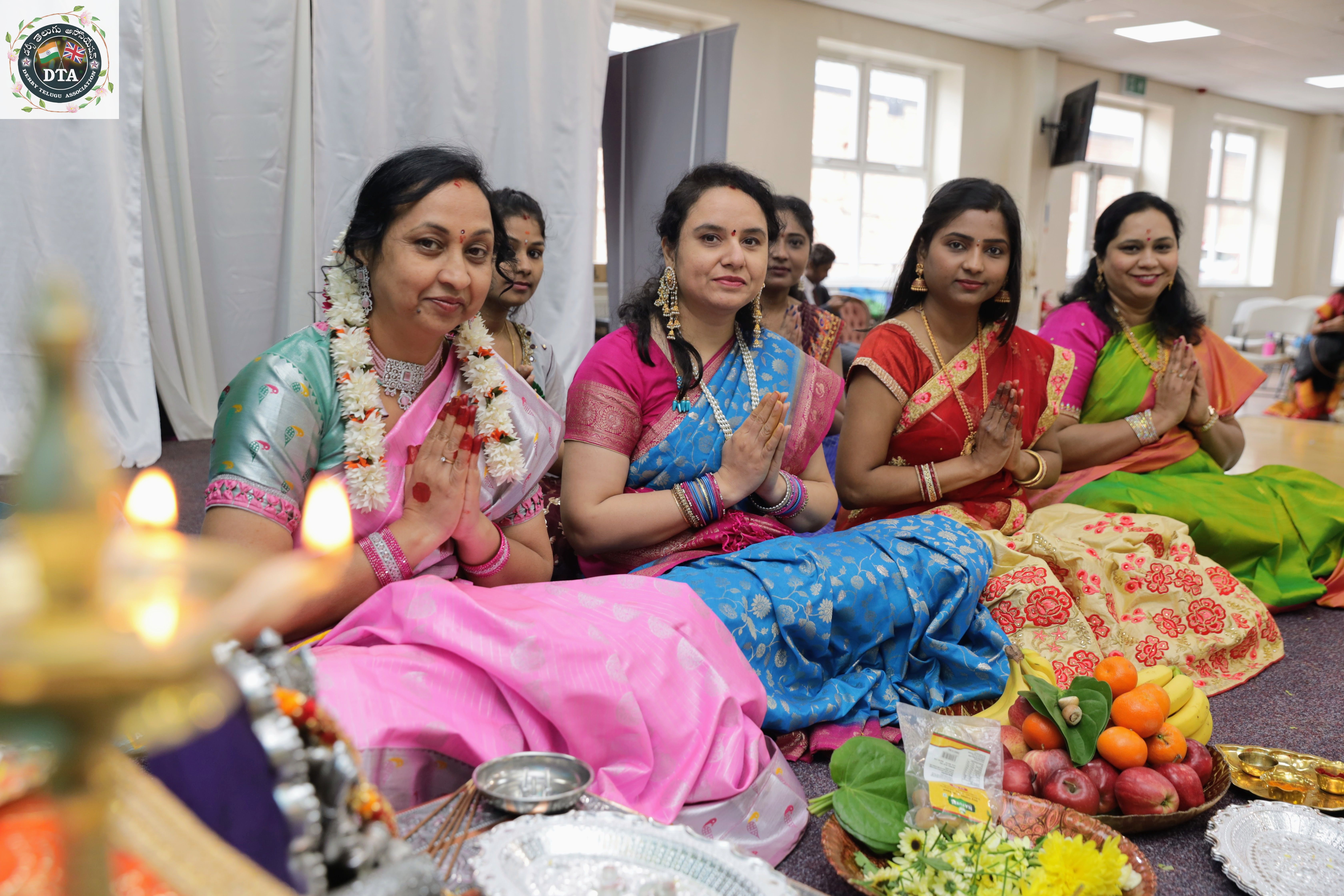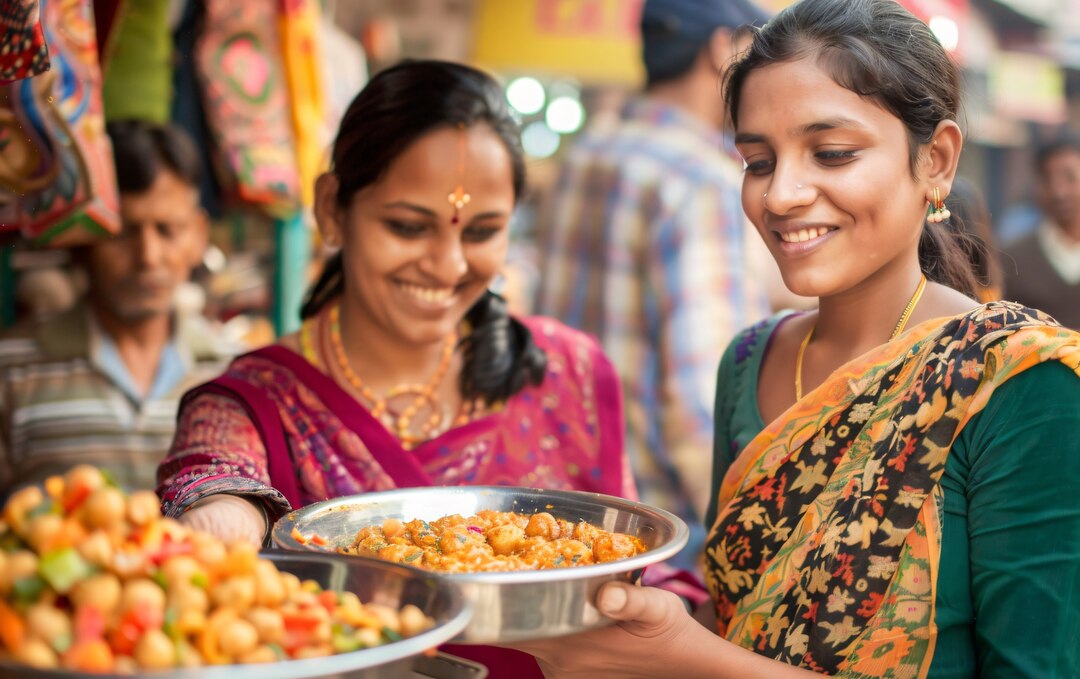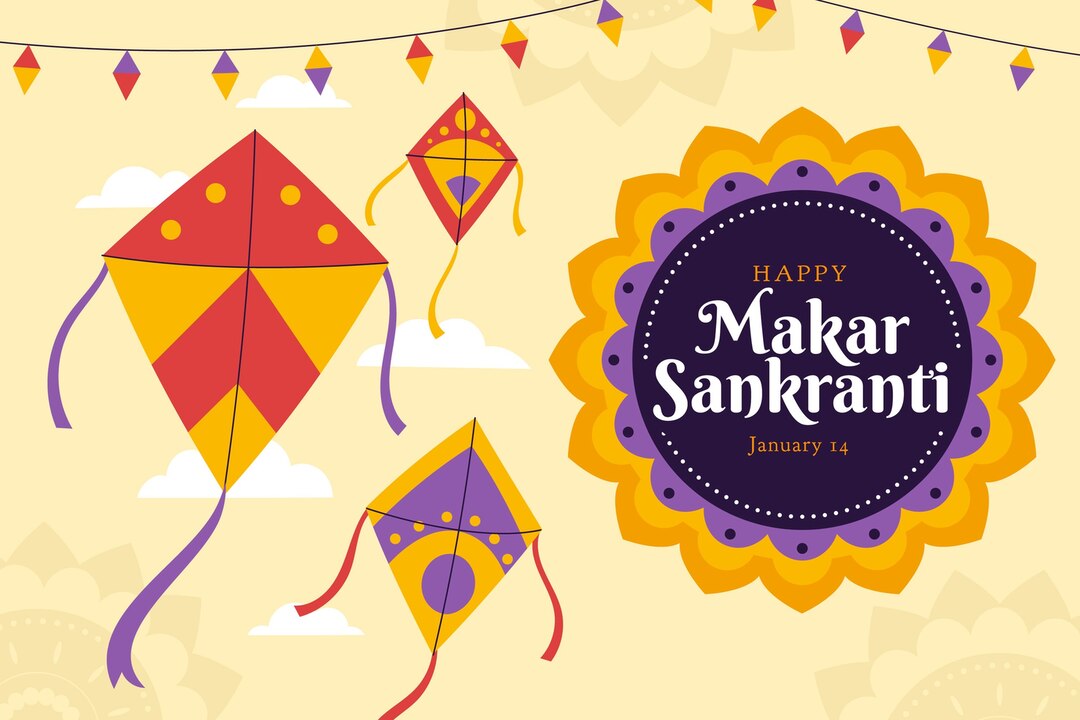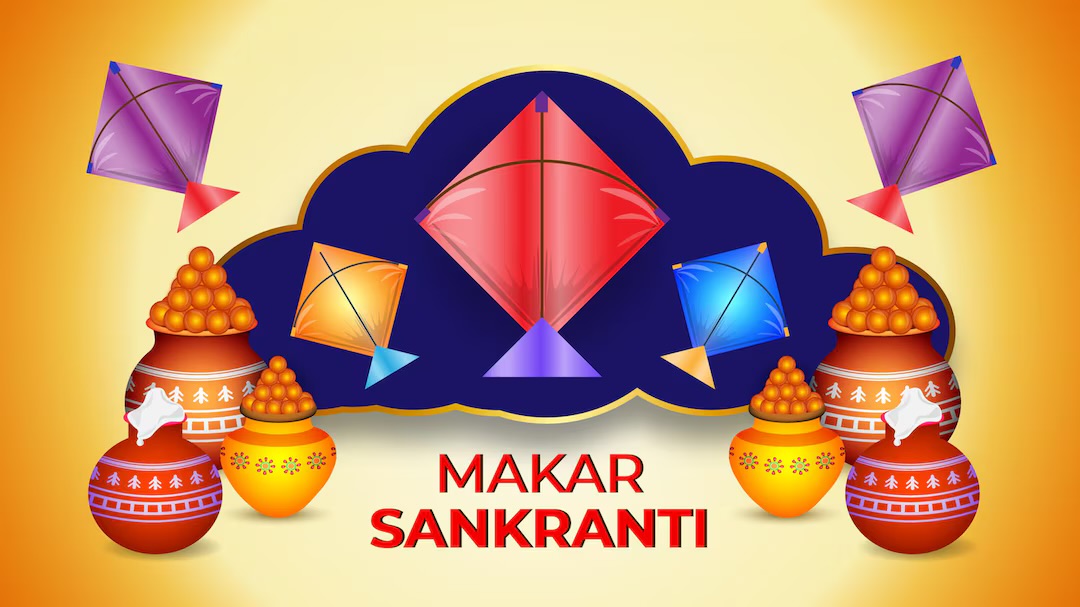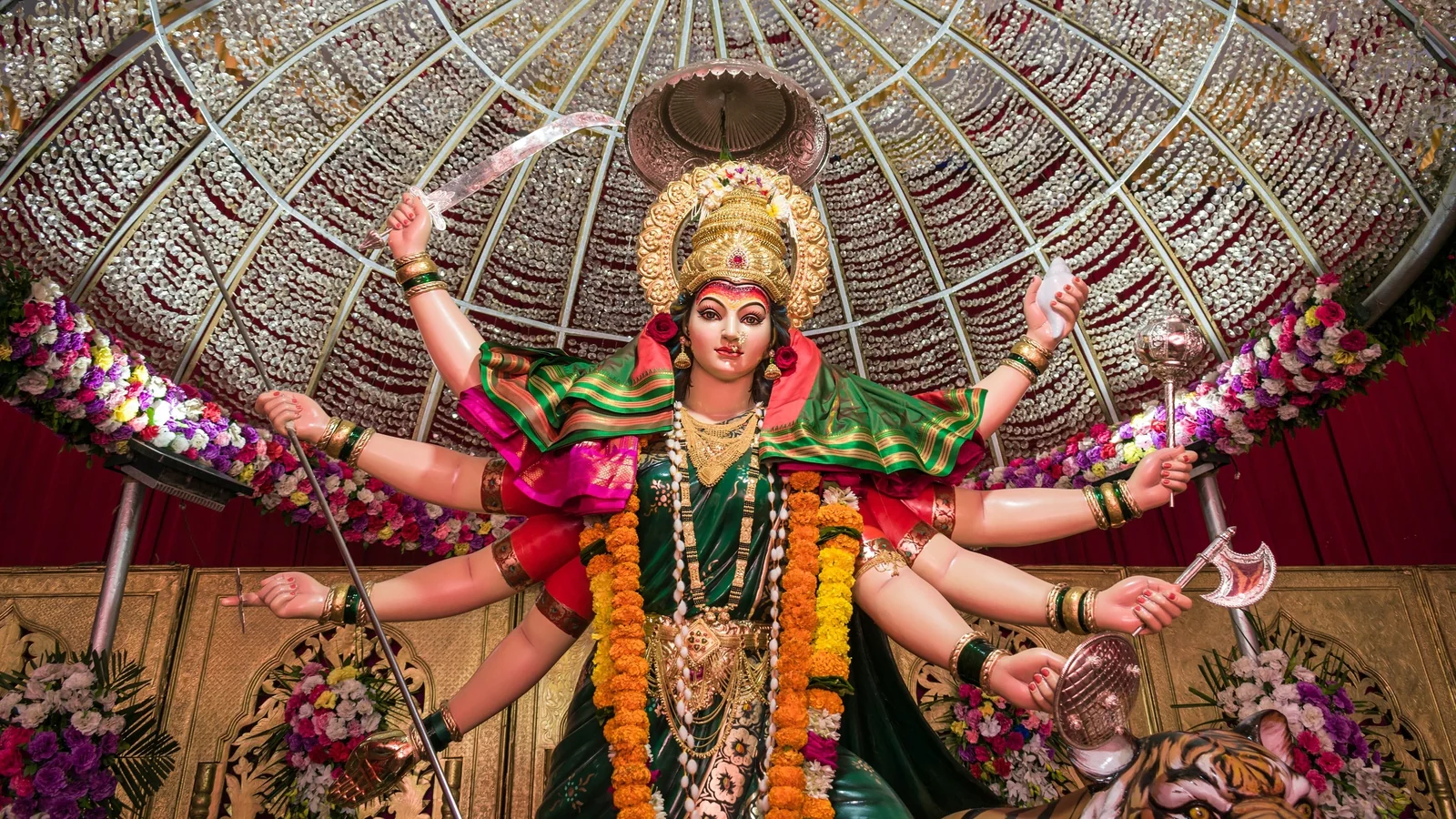Festival Celebrations
Ugadi Festival Celebration
Ugadi marks the Telugu New Year and is a significant festival celebrated with great enthusiasm by the Telugu-speaking people. It usually falls in March or April, depending on the lunar calendar, and symbolizes new beginnings, renewal, and the arrival of spring. The festival is a time for people to reflect on the past year, set new goals, and embrace optimism for the year ahead. The word "Ugadi" comes from "Yuga" (era) and "Adi" (beginning), signifying the start of a new era.
Ugadi is not only a religious occasion but also a cultural one, with people participating in various events such as music, dance, and storytelling. It is a time for family reunions, exchanging wishes, and starting fresh with new aspirations. The festival is a reminder of hope, resilience, and the importance of staying optimistic as one embarks on the journey of a new year.
Home PageSankranthi Festival Celebration
Sankranthi is a major harvest festival celebrated with great enthusiasm by Telugu people, marking the arrival of the harvest season. It usually takes place in January and is dedicated to thanking the Sun God for a bountiful harvest. The festival spans over several days, with each day having its unique significance. On the main day, known as Makara Sankranthi, people celebrate the Sun’s entry into Capricorn, which marks the transition from winter to the more prosperous and brighter season of summer.
Sankranthi is also known for its vibrant cultural celebrations. The third day, Kanuma, is dedicated to honoring animals, particularly cattle, which are crucial for farming. Many people also engage in sports, traditional dances, and kite flying during this time. The sight of colorful kites in the sky adds to the festive mood, symbolising the rise of hope and prosperity in the coming year. Overall, Sankranthi is a time for family gatherings, cultural festivities, and expressing gratitude for nature's abundance.
Home PageDashara Festival Celebration
Dashara, also known as Dussehra, is one of the most important festivals celebrated by Telugu people, symbolising the victory of good over evil. It marks the triumph of Lord Rama over the demon king Ravana, as depicted in the epic Ramayana, and the victory of Goddess Durga over the buffalo demon Mahishasura. The festival falls in September or October and concludes the ten-day Navaratri celebrations, which are dedicated to worshiping different forms of the divine feminine.
The final day of Dashara is marked by grand cultural events, including traditional dances, dramas, and processions. Effigies of Ravana, along with his brothers, are burned, symbolizing the destruction of evil. People also perform prayers at home, particularly worshiping tools, books, and instruments, as Dashara is considered an auspicious time to start new ventures or begin learning. In some households, children are introduced to education by writing their first letters or taking part in other learning activities.
Home Page